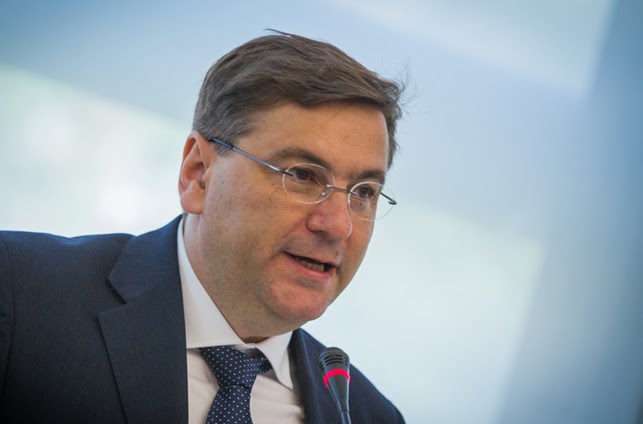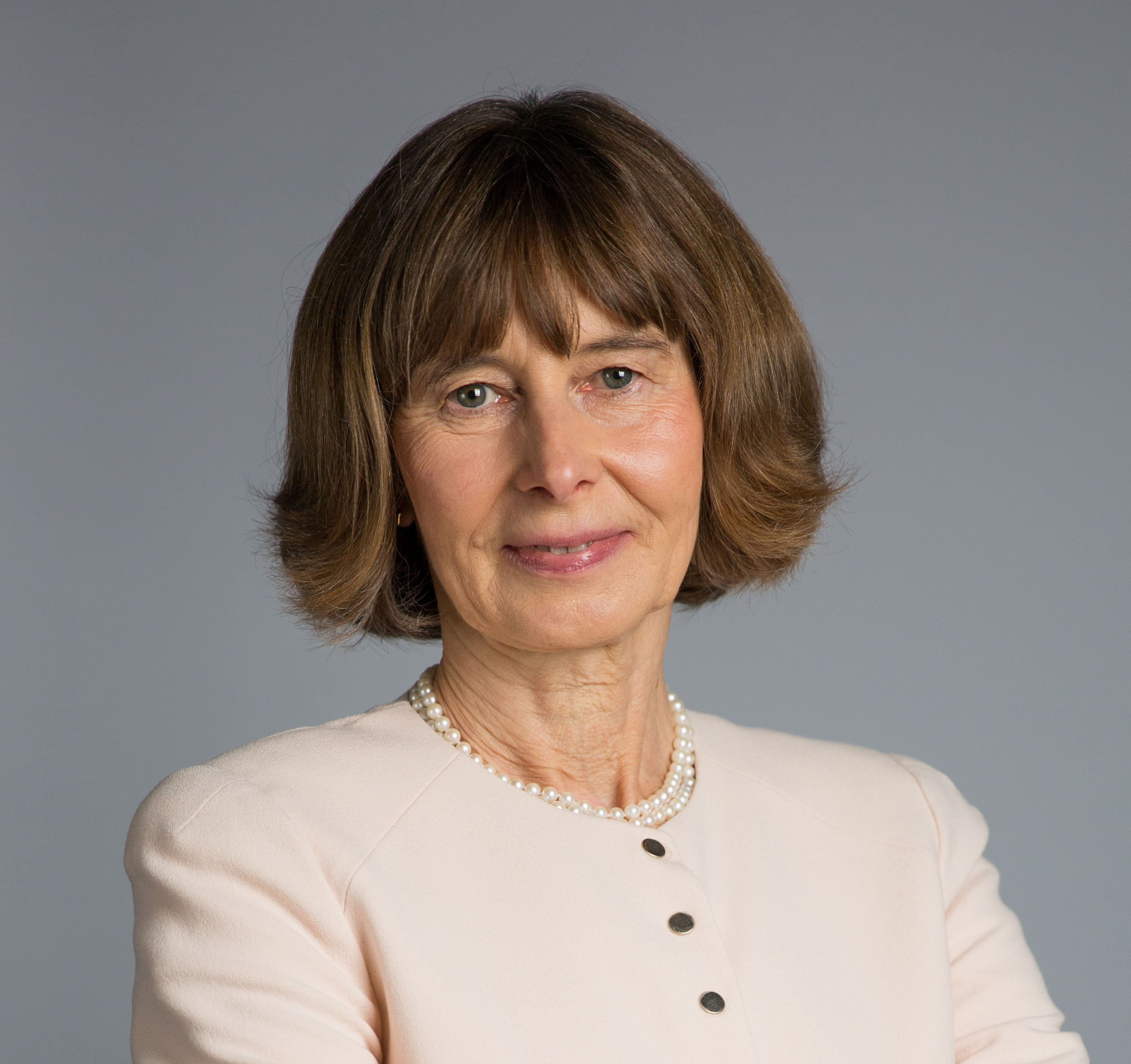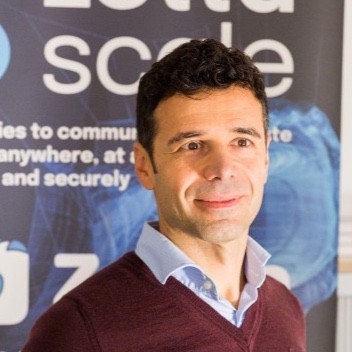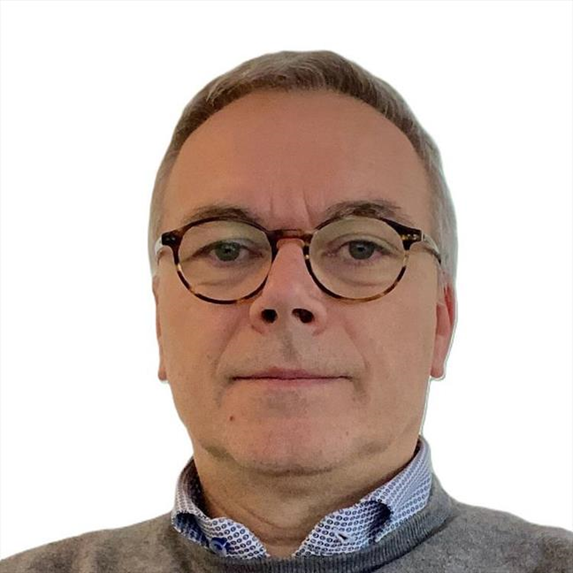Keynotes
Research Track
The AI Paradox: Between Global Power, Technology Sourcing, Errors and (De)regulation Shifts
, Senior Advisor for Technology and Cybersecurity Policy, Embassy of Italy in Washington DC
Abstract: Artificial Intelligence (AI) is the defining technology of this century, poised to transform global power dynamics in unprecedented ways. Unlike nuclear weapons, primarily associated with strategic deterrence, AI will serve as both the main pillar of national digital sovereignty and an integral part of everyday life, influencing economic trends and social interactions. Its opaque decision-making processes yield unpredictable errors, creating security, safety, and governance challenges that far exceed those posed by any other technology. In this talk, we explore the interconnected issues of global power, AI technology sourcing, errors, ethical considerations, and regulatory shifts. We examine approaches employed by the USA, EU, and China as they attempt to navigate this paradox.
Bio: Roberto Baldoni was the founder and served as the first Director General of the National Cybersecurity Agency of Italy (2021–2023). From 2017 to 2021, he held the position of Deputy Director General of Italian Intelligence at the Presidency of the Council of Ministers where he was in charge of creating a national cybersecurity architecture. Prior to that, Roberto was a full professor of computer science at Sapienza University of Rome, where he now is an honorary professor.
Provable Guarantees for Data-driven Policy Synthesis: a Formal Verification Perspective
, University of Oxford
Abstract: Machine learning solutions are revolutionizing AI, but their instability against adversarial examples – small perturbations to inputs that can drastically change the output – raises concerns about the readiness of this technology for widespread deployment. Formal verification, and particularly probabilistic verification, have become indispensable components of rigorous engineering methodologies to ensure system safety and dependability. Using illustrative examples, this lecture will discuss the role that formal verification technology can play in motion planning by providing provable guarantees on safety and optimality of neural network policies.
Bio: Marta Kwiatkowska is a Professor at the University of Oxford and Fellow of Trinity College. Her area of expertise lies in probabilistic and quantitative verification techniques and the synthesis of correct-by-construction systems from quantitative specifications. She led the development of the probabilistic model checker PRISM, winner of the 2024 ETAPS Test-of-Time Tool Award, which has been used to model and verify numerous case studies across a variety of application domains. Recently, she has been focusing on safety and trust in artificial intelligence, with an emphasis on robustness guarantees for machine learning. Her research has been supported by two ERC Advanced Grants, VERIWARE and FUN2MODEL, EPSRC Programme Grant on Mobile Autonomy and EPSRC Prosperity Partnership FAIR. Kwiatkowska won the Royal Society Milner Award, the BCS Lovelace Medal and the Van Wijngaarden Award, and received an honorary doctorate from KTH Royal Institute of Technology in Stockholm. She is a Fellow of the Royal Society, Fellow of ACM, Member of Academia Europea and International Honorary Member of AAAS.
Unifying Communication, Computation, and Storage from the Cloud to the Microcontroller
, CEO, CTO, and Co-Founder of ZettaScale Technology
Abstract: Modern systems—ranging from mobile robots and aerial drones to connected and autonomous vehicles—seamlessly span across the compute continuum, from microcontrollers to large-scale data centers. Yet, much of today’s technology stack remains fragmented, relying on legacy solutions designed for a vastly different era. The result? Inefficient, architecturally disjointed, and energy-draining systems—the closest approximation to what one might call a Digital Frankenstein. This challenge is exacerbated by the proliferation of battery-powered devices, where energy efficiency is paramount. Inefficient communication protocols and rigid storage policies force unnecessary data transfers, consuming both network resources and precious battery life. Addressing these inefficiencies requires a fundamental shift in how we approach communication, computation, and storage—not just incremental patches on outdated paradigms. In this keynote, we will trace the evolution of distributed computing middleware, exploring the key technological drivers that have shaped it over the years. We will then introduce Zenoh, a next-generation distributed computing framework that unifies communication, computation, and storage across the entire compute continuum, from microcontrollers to the cloud. We will examine why Zenoh is emerging as the de facto protocol for next-generation robotics, intelligent transportation systems, and advanced IoT/Edge applications. Finally, we will look ahead to the future of distributed computing, discussing upcoming trends and how they will shape the next wave of intelligent, energy-efficient systems.
Bio: Angelo Corsaro, Ph.D., is the Chief Executive Officer (CEO), Chief Technology Officer (CTO), and co-founder of ZettaScale Technology. At ZettaScale, he leads a world-class team dedicated to revolutionizing distributed computing, ensuring that every connected human and machine can communicate, compute, and store data anywhere, at any scale, efficiently, and securely. A globally recognized expert in Cloud-to-Thing Continuum, high-performance distributed systems, and real-time computing, Angelo is the inventor of the Zenoh protocol and the lead of the Eclipse Zenoh project. His work is reshaping the future of data-centric and event-driven architectures, bridging the gap between cloud, edge, and embedded systems. With a prolific research background, Angelo has authored over 100 publications in peer-reviewed journals, conferences, workshops, and industry magazines. He has also contributed to over ten international standards, shaping the evolution of real-time and large-scale distributed computing. Angelo was a founding Co-Chair of the OMG DDS standard, playing a key role in its development and adoption. His leadership in DDS continued until 2015, when he stepped away due to technical divergences and committed himself to designing and implementing the first Zenoh protocol, paving the way for the next generation of data-centric middleware.
Industry Track
Increasing memory density, complexity and reliability: sustainable trend at reasonable cost?
, Senior Director Micron Technology, Italy
Abstract: As memory technologies evolve to support increasing data demands, the balance between density and reliability becomes more critical. This speech discusses how higher memory density—while enabling compact, high-capacity storage—introduces challenges in data retention, error rates, and long-term reliability. By comparing the permanence of prehistoric stone tablets with the fragility of modern high-density memory we examine how redundancy mechanisms like ECC and parity codes can mitigate data loss, although at the cost of performance and memory footprint. The discussion addresses the varying levels of reliability required across different application domains, such as mobile, infotainment, ADAS, and critical systems. It also considers the impact of environmental stressors like temperature, humidity, and radiation on memory reliability over time, particularly in multi-bit-per-cell technologies such as TLC and QLC. We suggest memory specialization: designing SSDs tailored for specific use cases like backup, gaming, or enterprise workloads. However, this raises a key question —who drives this specialization: hardware, software, or system integrators? The talk calls for collaboration among architects at different levels to ensure that memory solutions are not only dense and fast but also reliable and application-aware.
Bio: Mauro Luigi Sali is Senior Director of mNAND Development in Micron. He received the MS Electronic Engineering in 1991 (University of Pavia). During his career he has taken care of component design (NOR, NAND and PCM), and memory system development.